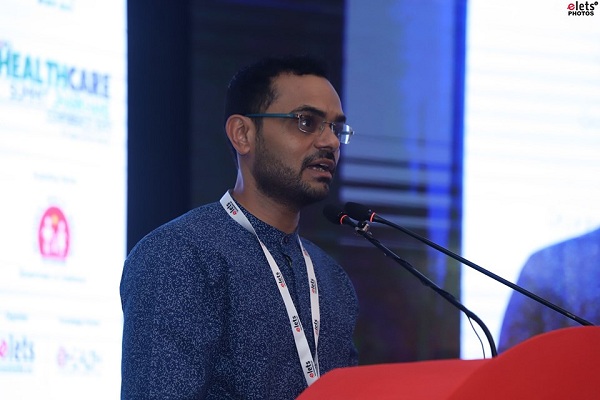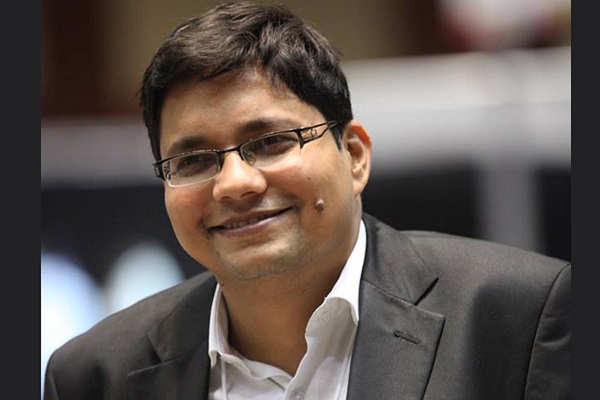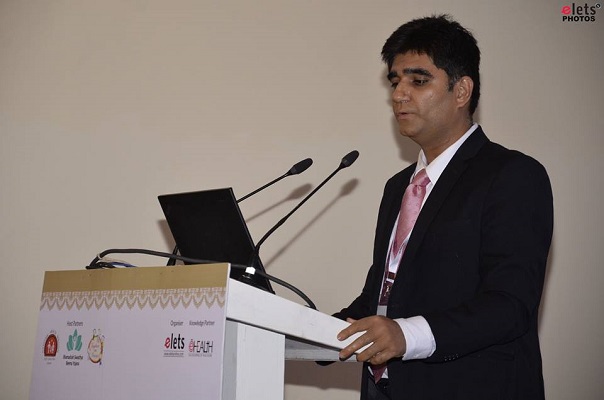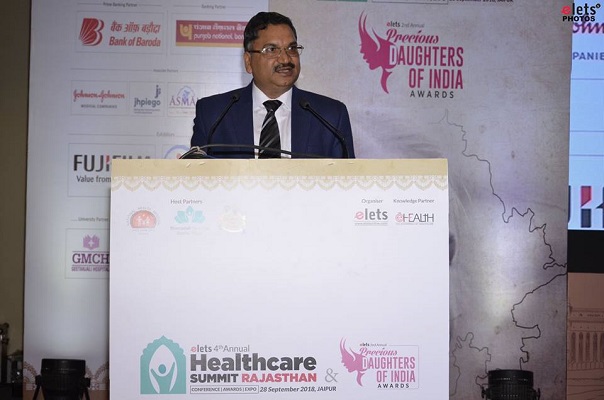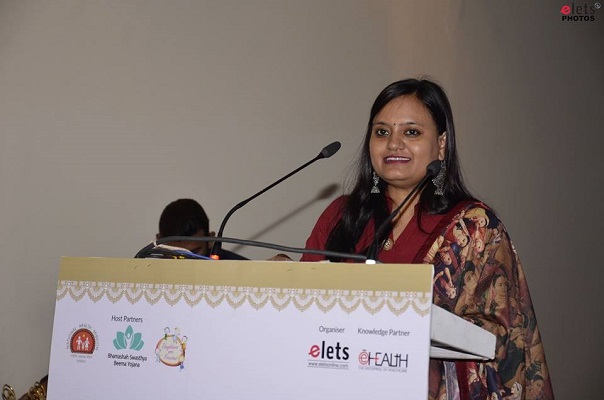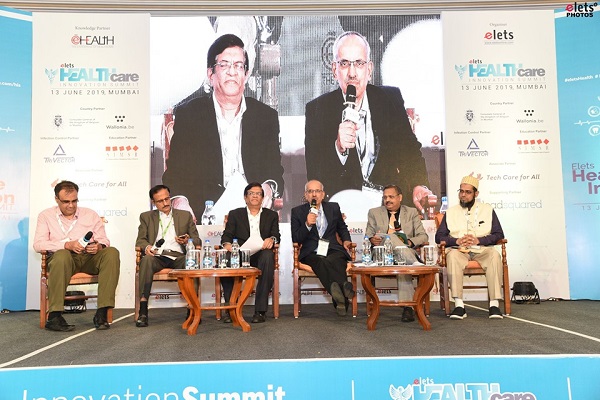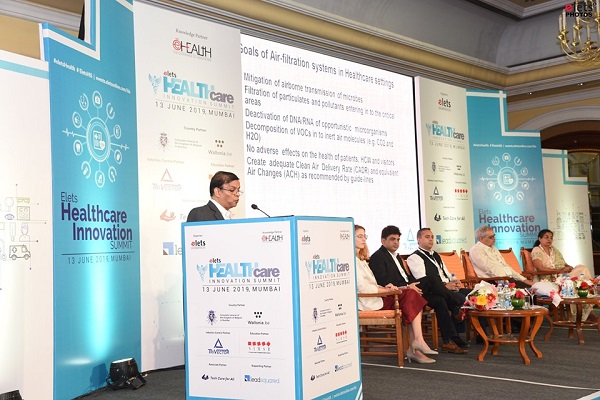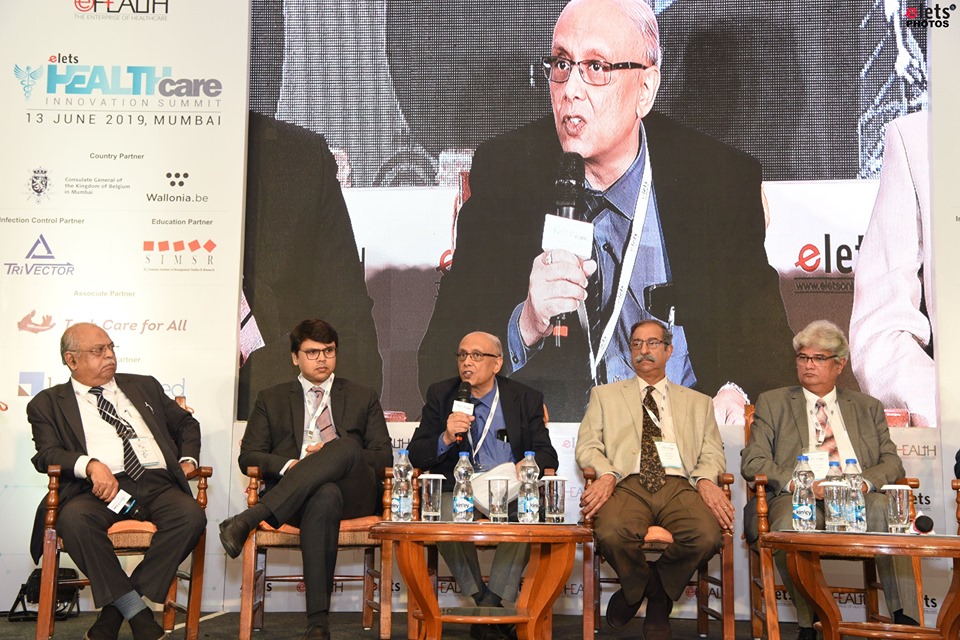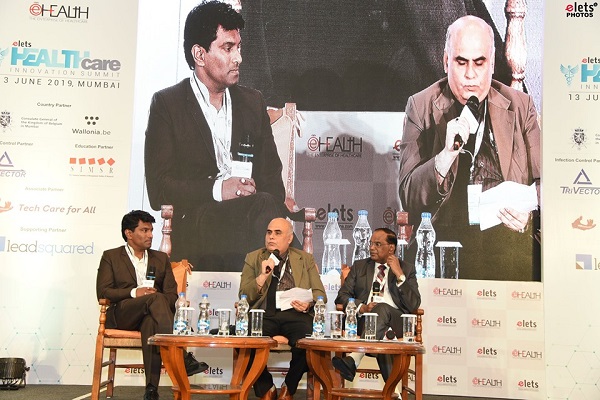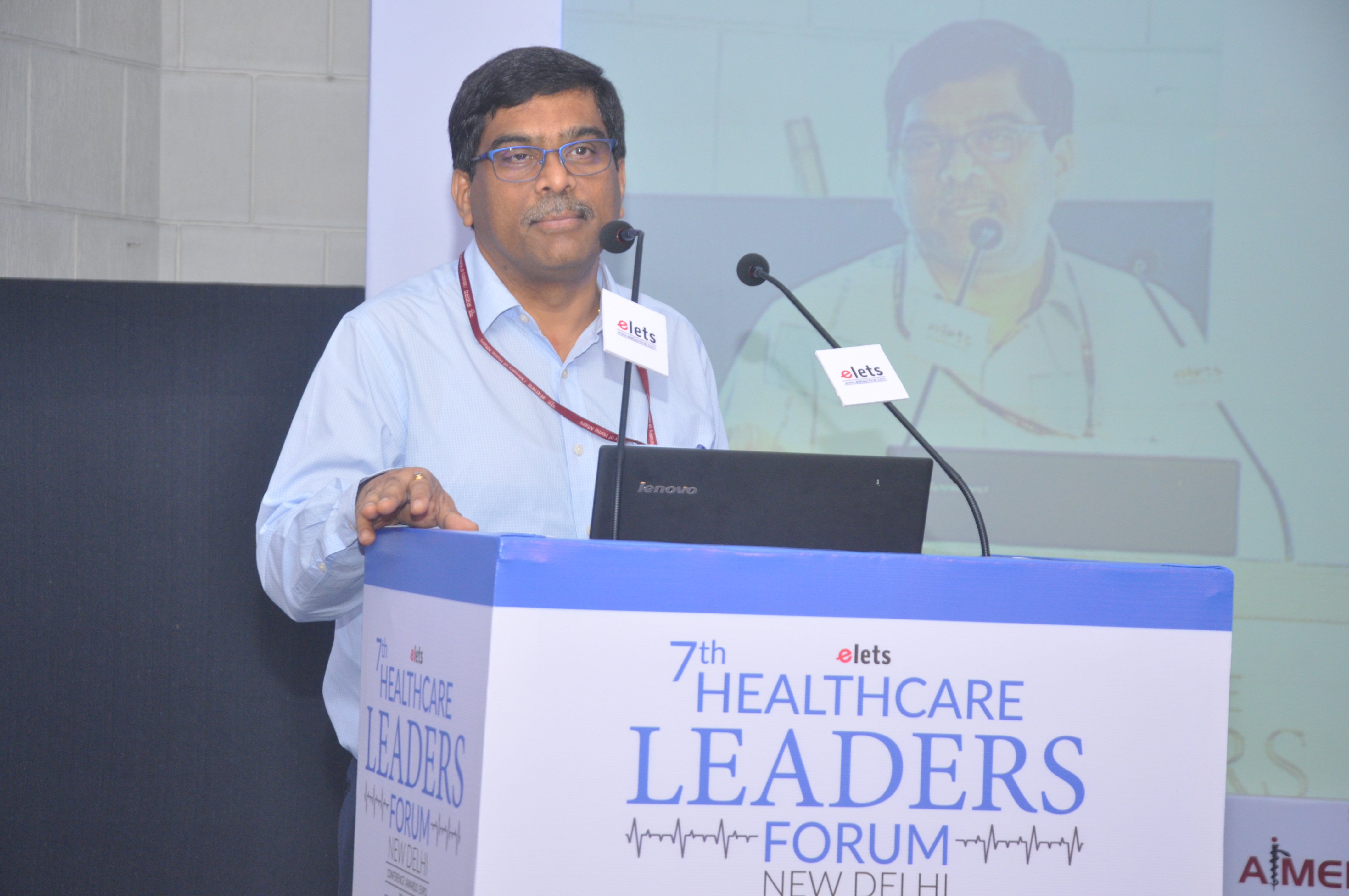
Involvement of private sector in public private partnership (PPP) mode is one of the cornerstones of the new National Health Policy, said Dr K Rajeshwar Rao, Joint Secretary, Ministry of Health and Family Welfare, as he discussed the government’s key policy initiatives to boost healthcare sector in the country at the 7th Healthcare Leaders Forum (HLF) in Delhi.

“In the last two-three years, there is a huge attention and great number of discussions on health sector reforms, culminating into announcement of the National Health Policy. It has a very unique feature of increasing the budgets for the healthcare sector, which will be substantial in the coming years and change the growth prospects for the entire health sector,” said Dr Rao.
 Involvement of private sector, public private partnership (PPP), research and preventive healthcare are the major focus areas under the new health policy.
Involvement of private sector, public private partnership (PPP), research and preventive healthcare are the major focus areas under the new health policy.
Speaking about how states have embarked on a mission to transform the country’s health sector, Dr Rao said, “Sustainable development goals of the UN significantly impact the healthcare sector indirectly, and also several states like Karnataka and UP are developing their separate health strategy based on their needs and strengths. Couple of months back West Bengal also formulated a health policy. So, there is a macro national policy and also several state policies in place.”

The Uttar Pradesh government is considering to formulate a separate health policy for each region in the state owing to each region having their own set of problems, he informed the audience at the 2017 edition of HLF.
According to Dr Rao, continuous deliberations and suggestions on professional forums like the 7th Healthcare Leaders Forum “are quite useful for the health ministry”.
“When we make certain guidelines or make a strategy, we always take views expressed on such forums into our consideration.”
Healthcare under the National Health Mission (NHM) and also the non-NHM component, where Pradhan Mantri Swasthya Suraksha Yojana (PMSSY) plays an important role, will be taken care of by opening 150,000 wellness centres in the country with the clear agenda of building capacity of human resources working in the field, he added.
“Under PMSSY there will be focus on the district hospitals, where 200 district hospitals will be developed into super-specialty facilities to serve the areas around them. AIIMS like institutions will be developed and there is a thrust on PPP where our private sector players will play a very important role in terms of technology, research. For example, under the National Dialysis Programme a large number of private operators are already into the health system managing the dialysis centres,” the Joint Secretary said.
Health is a unique sector, where private and public sector are working jointly to attain the goal of accessible health for all — by taking healthcare services to the last mile.
“If you take all the 864 districts in the country, in some 100 districts, there is a high number of health facilities per person. But if you look at the bottom 100, there you will see paucity of cardiologists, orthopedic surgeons or ophthalmic surgeon. When we make a healthcare strategy, we always look into these dimensions,” Dr Rao said.
Medical tourism, which he said is an emerging area in terms of government interventions, will also become very important in near future to tap the potentiality, credibility and goodwill of the Indian health sector, he observed.
Be a part of Elets Collaborative Initiatives. Join Us for Upcoming Events and explore business opportunities. Like us on Facebook , connect with us on LinkedIn and follow us on Twitter , Instagram.


